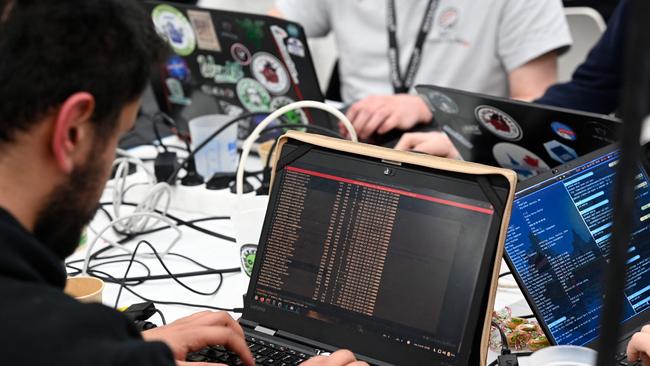ICT training ‘fails to meet’ job needs: AIIA survey
The Albanese government is being urged to address ICT skills education with a survey finding just five per cent of companies believe current technology courses meet industry needs.

The Albanese government is being urged to address ICT skills education with a survey finding just 5 per cent of companies believe current Australian technology courses meet industry needs.
The ICT skills mismatch means Australian students don’t receive the skills they need to secure ICT jobs in the public and private sectors.
Anthony Albanese went some way to addressing ICT skills in the last week of the election campaign with the Prime Minister promising 1.2 million technology-related jobs by 2030.
The new government’s plan includes 465,000 fee-free TAFE places with 45,000 new TAFE places.
However, the Digital State of the Nation 2022 report by the Australian Information Industry Association found that out of 100 companies surveyed, only 5 per cent thought graduates were job ready.
“The amount of upskilling that industry must undertake for tech graduates to ensure job readiness is increasing,” the report said.
Some 73 per cent of respondents said addressing the skills deficit and investing in the education system should be a prime area of focus for government.

The AIIA survey results backs a Queensland government regional survey on ICT in 2020 where 68 per cent of respondents said ICT skills and training did not meet their region’s labour market needs. This was due to the quality of graduates, lack of on-the-job training, and access to the right training, especially in regional locations.
Education provider Pluralsight said courses did not respond quickly enough to technological change. “The reality is that by the time a curriculum for secondary, tertiary, or VET technology education is designed and implemented, its outcomes are outdated, said Amarilla Simon, senior regional director for Australia and New Zealand, Pluralsight.
“This is as much a product of the rapid pace in which technology is evolving before us — a challenge not unique to the public sector, but that all businesses are struggling to manage — as it is a product of the government acting too slowly, on too small a scale, and on a reactive basis.”
The Australian Computer Society has proposed a $10,000 per employee annual training tax credit for business to build the workforce’s skills in high- growth fields such as artificial intelligence and cybersecurity. It said the mismatch would become increasingly acute with the government’s plan to boost the advanced manufacturing sector.
“We would like all of our political leaders to consider how critical a digitally-skilled workforce will be to Australia over coming decades and look to the longer term and bigger picture issues facing our 21st century economy,” ACS president Nick Tate said.


